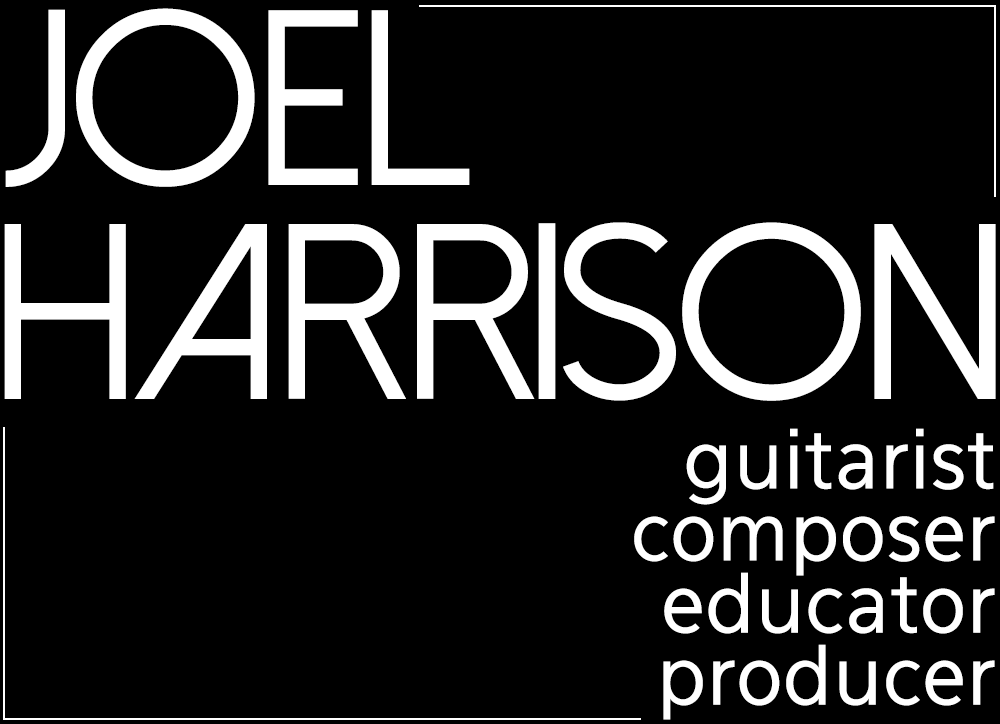A Power Stronger than Itself- the AACM and American Experimental Music
First things first- this is one of the finest books ever written about music, any kind of music, not just improvised music. It is part history, part biography, social and philosophical treatise, musical guide, and in all ways a gift to any serious musician. One can read it to learn about some of the finest musicians of our time, to see quite clearly how they think. But one can also read it to learn about how a social movement is created, how race played and still plays an enormous role in the music world. One can read it to learn how collectives are formed, how they can perish, or read it to understand the musical landscape of Chicago in the 1960’s, the intersection of civil rights and Black self-determination with music, New York’s so-called “loft scene” in the 70’s, and corallaries to other movements of the time, rock, fusion, European classical and improvised music, and experimental culture in other art forms. Lewis allows seminal figures such as Muhal Richard Abrams, Roscoe Mitchell, Lester Bowie and countless others to speak for themselves as to their process; however, he goes further by placing these people in a broader historical context. Lewis tells an involved, important story that, for me, has been hiding in plain sight. His work succeeds for a number of reasons: he is a terrific writer, and composes from inside the story, somehow managing to combine a journalistic objectivity with a participant’s subjectivity. How rare is it that a Black man tells a Black peoples’ story, that a musician tells the musicians’ stories? Lewis pulls back the curtain on what almost seems a secret society. What his book does is show just how important and influential the AACM has been to all improvisers- whether they know it or not. In a climate in which scores of books are written about the same few heroic figures, in which we are inundated with every last note that Miles, Trane, Bird and Duke ever recorded, in which we hear about what Charlie Parker ate for breakfast on June 3, 1943, in which their primacy is not only considered an a priori truth, but an institutional mandate, how thoroughly refreshing, no ENORMOUSLY refreshing it is to know the history of this parallel universe.
This book should be a part of every jazz and new music curriculum in the country.
Let me try to analyze further why I could not put this book down, why I devoured it faster than any book I have read in recent memory.
In 1979 I had one of the most remarkable musical experiences of my life- I attended a 10 day workshop with the Art Ensemble of Chicago at Karl and Ingrid Berger’s Creative Music Studio in Woodstock. After reading this book I was flooded with memories of this time.
